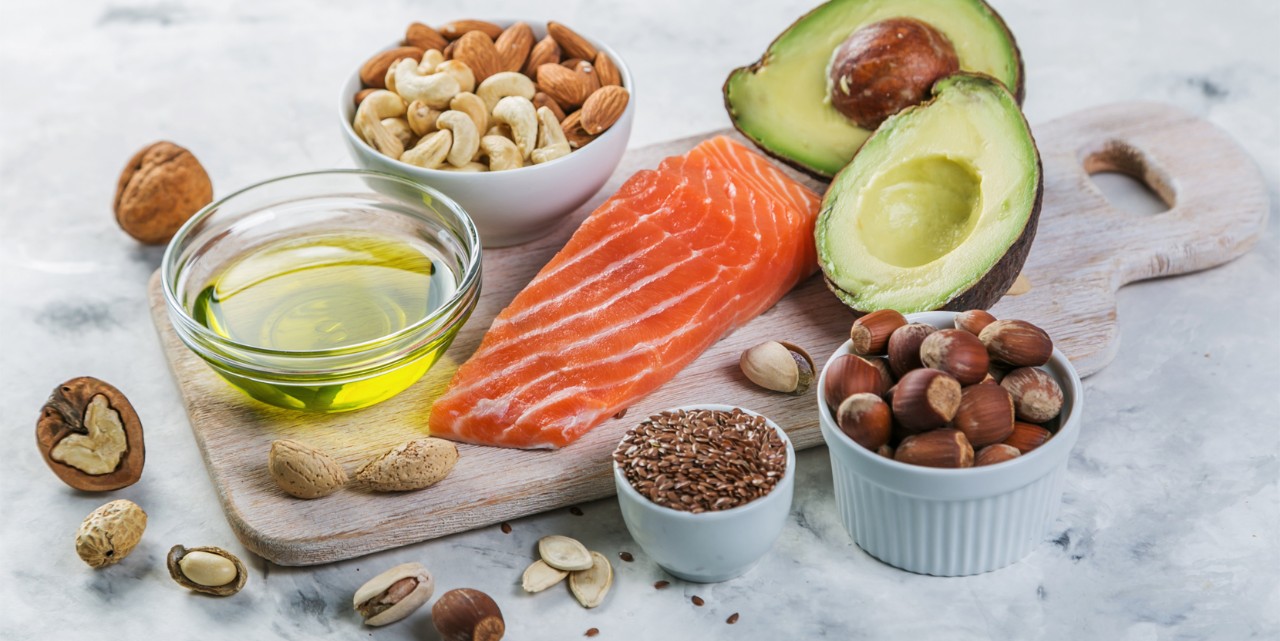Low carb – what’s it all about?
Carbohydrates are said to make you fat and are out of fashion. What are the pros and cons of low-carb diets? Nutritionist Wilma Schmid tells us more.

In our society, beauty is associated with being slim. What today takes on almost religious traits has its origins far back in the past. Carbohydrates were identified as the arch enemy of our weight back in the 19th century by British author William Banting. He claimed to have lost 23 kg in a year by eating a meat-rich diet, thus proving the effectiveness of the first known low-carb diet.
Having now become a global megatrend, are there no downsides to the low-carb diet? Wilma Schmid, certified nutritionist (BSc) from Lucerne, says there are two sides to every story. She has taken part in various nutritional research series and, at her practice today, she not only cares for patients but also advises top athletes in questions of nutrition. For health reasons, there are certainly situations where it makes sense to adjust your carbohydrate intake. "Studies show corresponding successes in weight management and in relation to risk factors for the cardiovascular system."
Cut out artificial sugar and alcohol
However, low-carb diets tend to only be successful in the short term, says Schmid. For most people, it’s too hard to give up certain foodstuffs forever. So, the nutritionist explains that a low-carb diet should therefore be seen as a kick-off strategy in order to change eating habits in the long term. “If you really want to follow a low-carb diet, you first have to eat fewer sweet treats and avoid sugary drinks and alcohol. From a purely physiological point of view, you can even cut these out completely.”
Limit potatoes, rice & pasta
In a second step, you should limit the amount of starchy side dishes that you eat with your main meal, such as potatoes, rice, pasta and bread. “Reduce, not cut out entirely,” emphasises Schmid. If you cut out these foods entirely, you reduce the intake of other important nutrients. Therefore, a good alternative is to switch to wholegrain rice, pasta or baked goods. “This way, you reduce refined carbohydrates while providing the body with many important nutrients.”
The more exercise you do, the more carbohydrates you need
Wilma Schmid advises those who do a lot of sport not to try a low-carb diet. “Carbohydrates are key to supplying energy and can be stored as glycogen in the liver and muscles.” The Swiss Society for Nutrition (SGE) generally recommends that we get 45 to 55% of our daily energy intake in the form of carbohydrates. If you consume 2200 kilocalories, this corresponds to around 275 grams of carbohydrates. By comparison, a low-carb diet usually contains between 50 and 150 grams of carbohydrates per day.
“So, whether or not it makes sense to eat a low-carb diet depends on your individual lifestyle,” says Schmid. The less you exercise, the fewer carbohydrates you burn, and the lower your carbohydrate intake needs to be. And what does Wilma Schmid say about the widespread belief that you sleep better if you don’t eat carbohydrates in the evening? “Some clients tell me that, too. However, as far as I know, this hasn’t yet been scientifically proven and there is also no biochemical or physiological explanation.”


